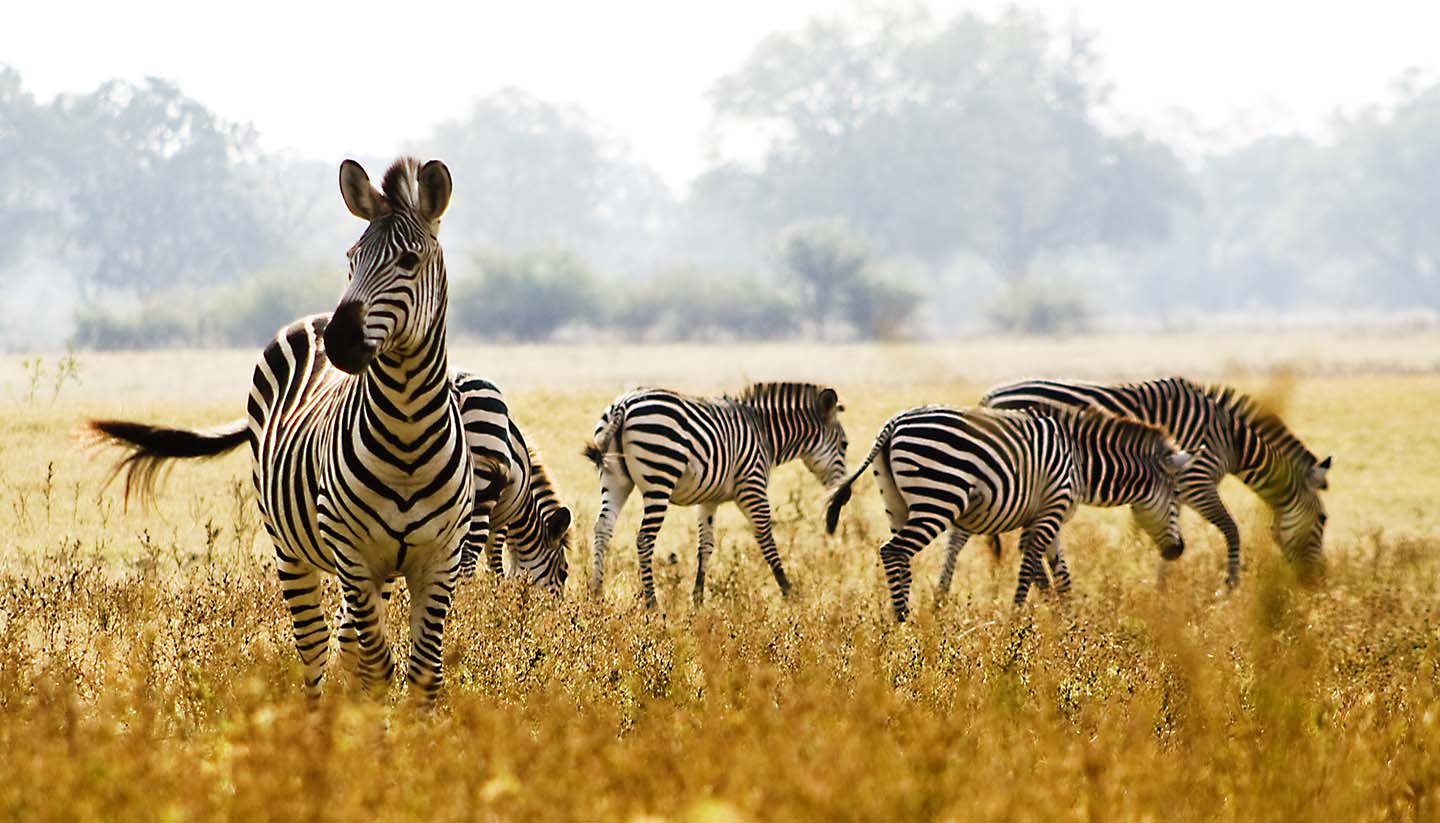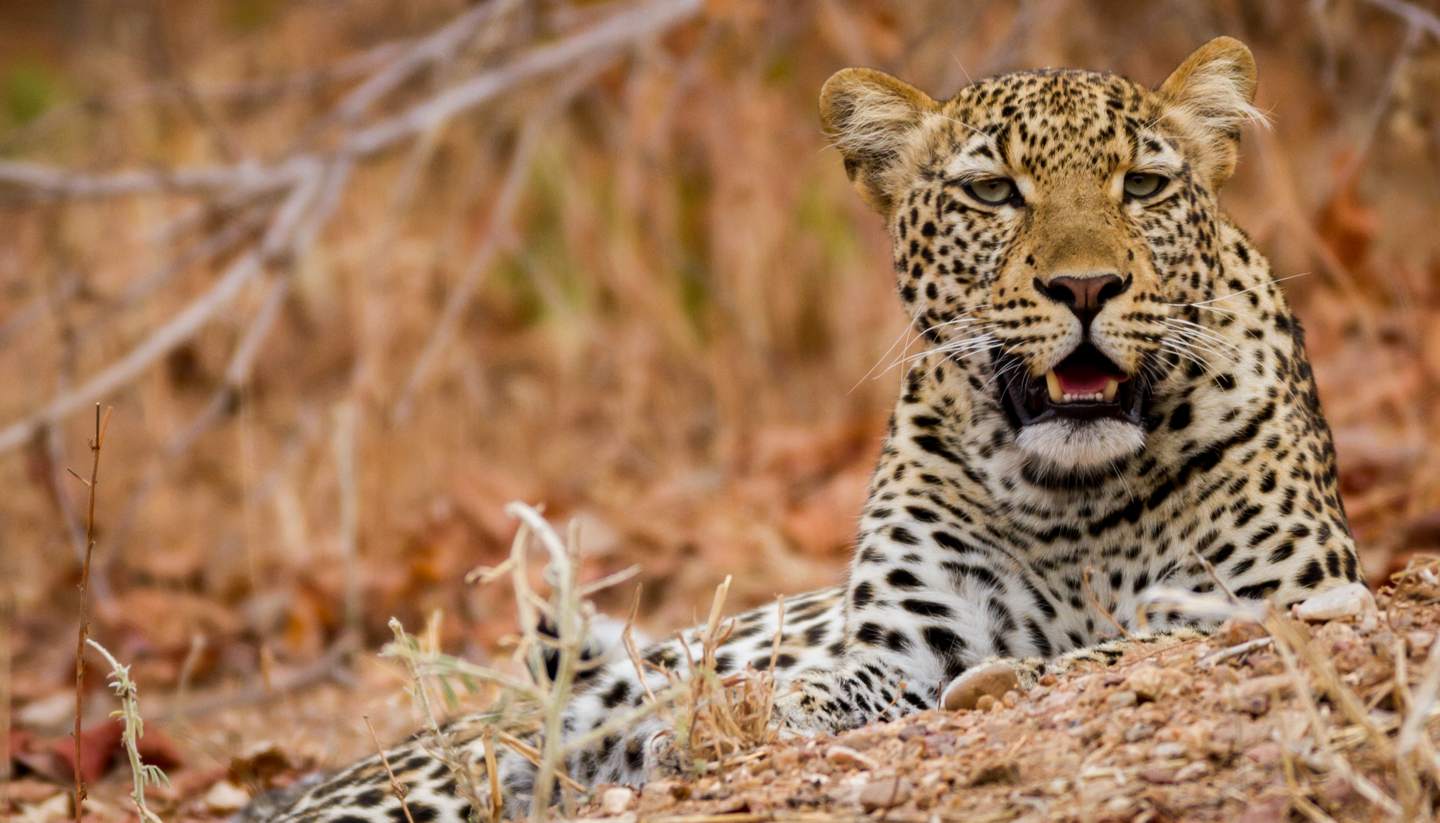Zambia Weather, climate and geography
Weather and climate
Best time to visit
Although Zambia lies in the tropics, the height of the plateau ensures that the climate is seldom unpleasantly hot, except in the valleys. There are three seasons: the cool, dry winter season from May to September; the hot, dry season in October and November; and the rainy season, which is even hotter, from December to April.
Required clothing
Lightweights or tropical with rainwear.
Geography
Zambia is a vast, land-locked tropical plateau in southern Africa bordered by Angola to the west, the Democratic Republic of Congo to the north, Tanzania to the northeast, Malawi to the east, Mozambique to the southeast, Zimbabwe and Botswana to the south and the Caprivi Strip of Namibia to the southwest.
The Zambezi River, together with Lake Kariba, forms the frontier with Zimbabwe and lies at Zambia’s lowest point in altitude. Victoria Falls, formed by the Zambezi tumbling over a cliff into the Batoka Gorge, is one of the most spectacular sights in Africa (if not the world). Lake Kariba, which was created by the construction of the Kariba Dam in the 1950s, is the world’s largest reservoir by volume.
The Zambian capital, Lusaka, lies roughly in the centre of the country, a region of thinly wooded bush. In the east and northeast, the country rises to a plateau 1,200m (3,937ft) high, covered by deciduous savannah, small trees, grassy plains or marshland.
In central Zambia, South Luangwa National Park, east of Lusaka, and Kafue National Park, west of Lusaka, are magnificent expanses of riverside grassland, woodland and forest with some of the densest and most diverse populations of wild animals in Africa.



